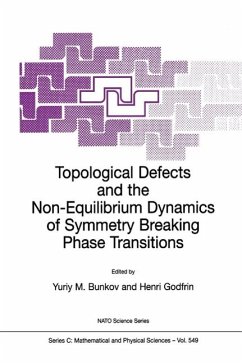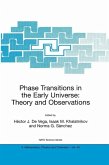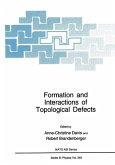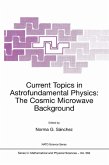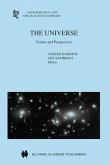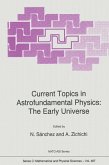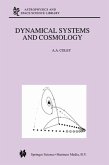Topological defects formed at symmetry-breaking phase transitions play an important role in many different fields of physics. They appear in many condensed-matter systems at low temperature; examples include vortices in superfluid helium-4, a rich variety of defects in helium-3, quantized mag netic flux tubes in type-II superconductors, and disclination lines and other defects in liquid crystals. In cosmology, unified gauge theories of particle interactions suggest a sequence of phase transitions in the very early uni verse some of which may lead to defect formation. In astrophysics, defects play an important role in the dynamics of neutron stars. In 1997 the European Science Foundation started the scientific network "Topological defects" headed by Tom Kibble. This network has provided us with a unique opportunity of establishing a collaboration between the representatives of these very different branches of modern physics. The NATO-ASI (Advanced Study Institute), held in Les Houches in February 1999 thanks to the support of the Scientific Division of NATO, the European Science Foundation and the CNRS, represents a key event of this ESF network. It brought together participants from widely different fields, with diverse expertise and vocabulary, fostering the exchange of ideas. The lectures given by particle physicists, cosmologists and condensed matter physicists are the result of the fruitful collaborations established since 1997 between groups in several European countries and in the U.S.A.
Dieser Download kann aus rechtlichen Gründen nur mit Rechnungsadresse in A, B, BG, CY, CZ, D, DK, EW, E, FIN, F, GR, HR, H, IRL, I, LT, L, LR, M, NL, PL, P, R, S, SLO, SK ausgeliefert werden.

